Safety Overview
So, is Costa Rica safe to travel to? Generally, yes. Costa Rica is one of the safer destinations in Central America, but like anywhere, it has its own unique safety considerations. For the most part, travelers can feel secure, especially if they’re sticking to common tourist areas and following basic safety practices. But knowing a bit about the country’s specific risks—like petty theft hotspots or areas prone to natural hazards—can go a long way. Here’s a breakdown to help you travel confidently.
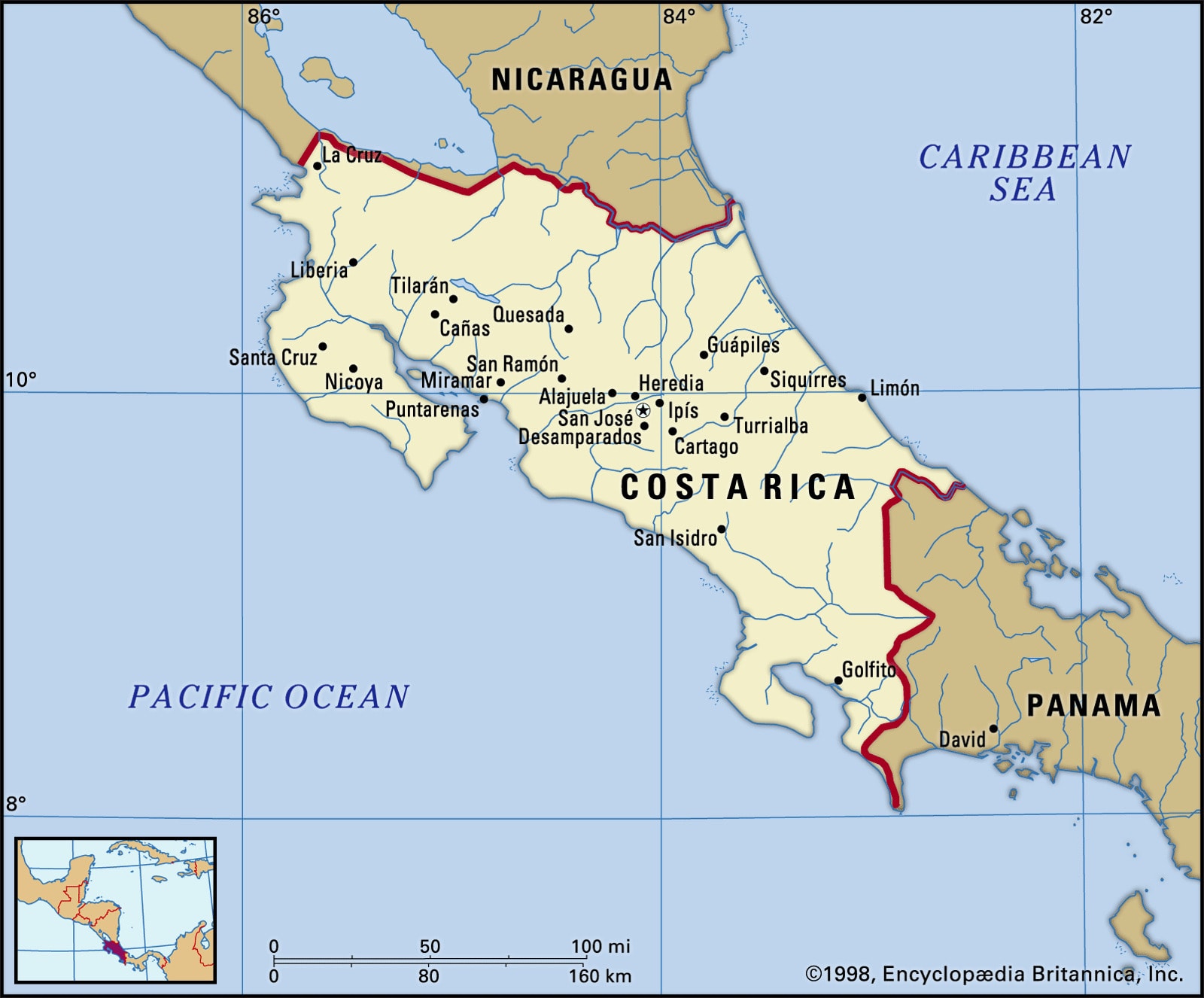
Crime in Costa Rica
When it comes to crime, Costa Rica has a mix of concerns that travelers should keep in mind.
Petty Crime
Petty theft, like pickpocketing and bag snatching, is common, especially in cities like San José, Cartago, and Puntarenas. I’d recommend being extra cautious with your belongings in crowded areas and public transportation in these places. Leave valuables like expensive jewelry and high-end electronics locked up in your hotel safe if possible, and try to avoid flashing them around in busy areas.
Violent Crime
The good news? Violent crime is lower here compared to other Latin American countries. Of course, it’s still wise to avoid wandering alone at night in unfamiliar areas, but as a rule, you’re not looking at an especially high risk of violent crime in Costa Rica. If you’re in tourist-heavy areas or sticking to well-trodden paths, you’ll generally feel safe.
Kidnapping
Kidnapping is extremely rare in Costa Rica, so it’s not something travelers typically worry about. You’re more likely to encounter some pushy vendors than any situations of this nature.
Natural and Climate-Based Risks in Costa Rica
Costa Rica’s nature is stunning but can sometimes be unpredictable. The country’s unique location and landscape mean it faces a few environmental risks.
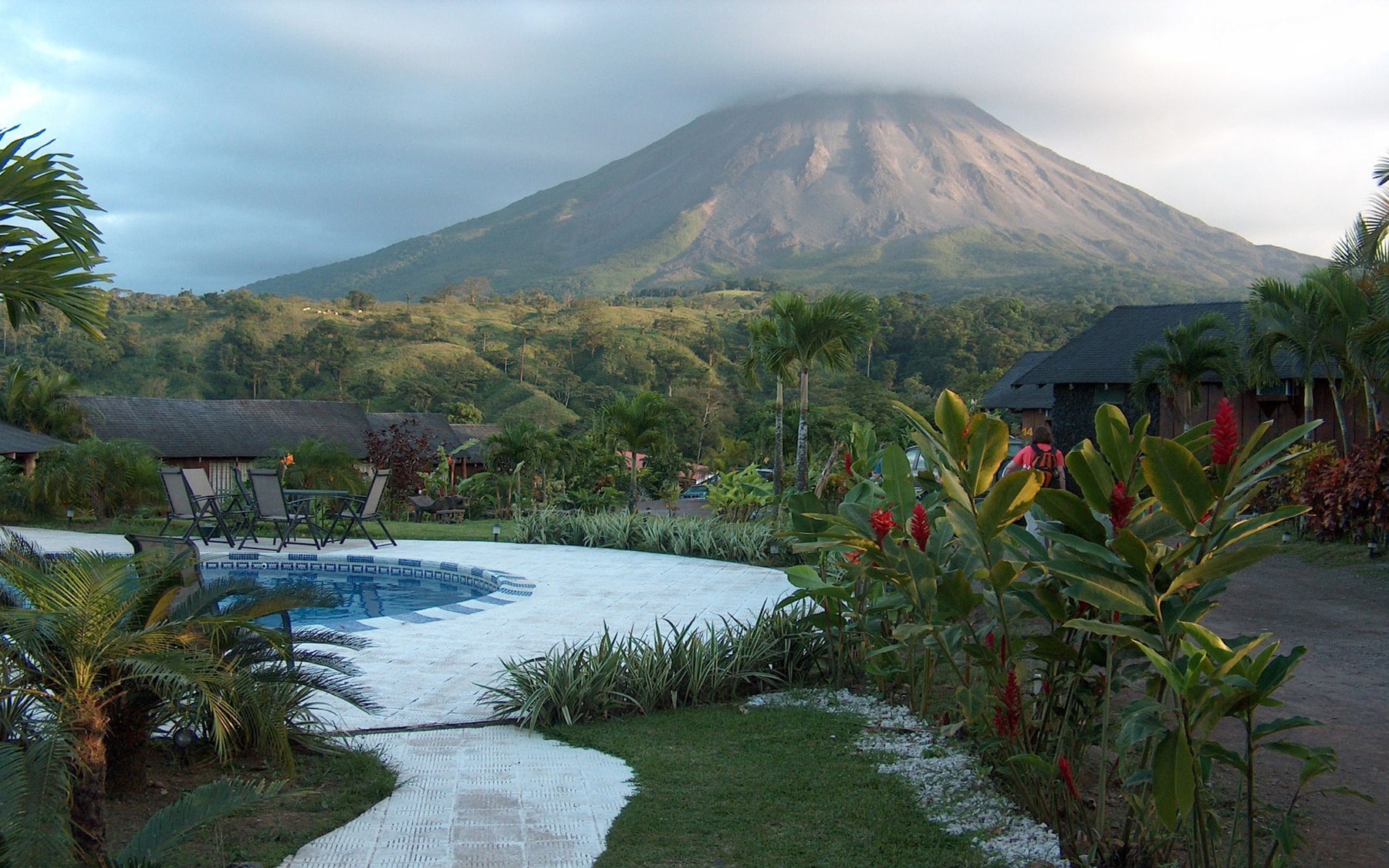
Earthquakes
Costa Rica sits in a seismically active zone, so earthquakes are part of life here. Small tremors are pretty common, but they rarely cause significant damage. However, it’s good to know the basics of what to do in case of a larger quake. Stay calm, get under sturdy furniture, and be prepared to exit safely if you’re in a building.
Volcanoes
Costa Rica is known for its volcanoes, including Arenal, Poás, and Irazú, some of which are still active. Arenal is especially popular with visitors and has been more active in past years, though it’s quieter now. If you’re hiking near a volcano, stick to marked trails and follow any local advisories, as conditions can change quickly. It’s an unforgettable experience, but caution goes a long way here.
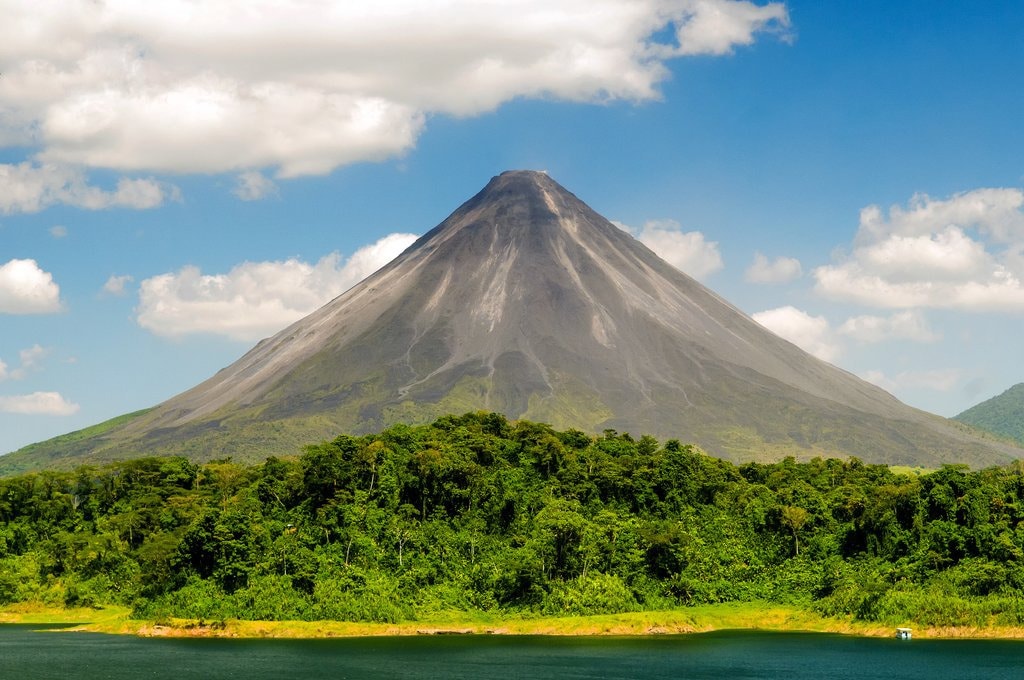
Hurricanes and Flooding
While Costa Rica doesn’t experience direct hurricane hits like other parts of the region, the rainy season from May to November can bring heavy rains, leading to flooding and even landslides in some areas. The Caribbean coast, in particular, sees more rain, so plan your itinerary accordingly. If you’re driving during this season, be mindful of road conditions, especially in rural or mountainous areas.
Safety in Costa Rica by Location
Safety can vary a bit depending on where you are in Costa Rica, so here’s a quick overview of what to expect in some key spots.
San José
As the capital, San José sees more of the typical urban issues like petty theft. It’s a lively city with plenty of things to see and do, but it’s also where you’ll need to watch your belongings most carefully. Sticking to well-known neighborhoods and not venturing too far off the beaten path at night is good practice here.
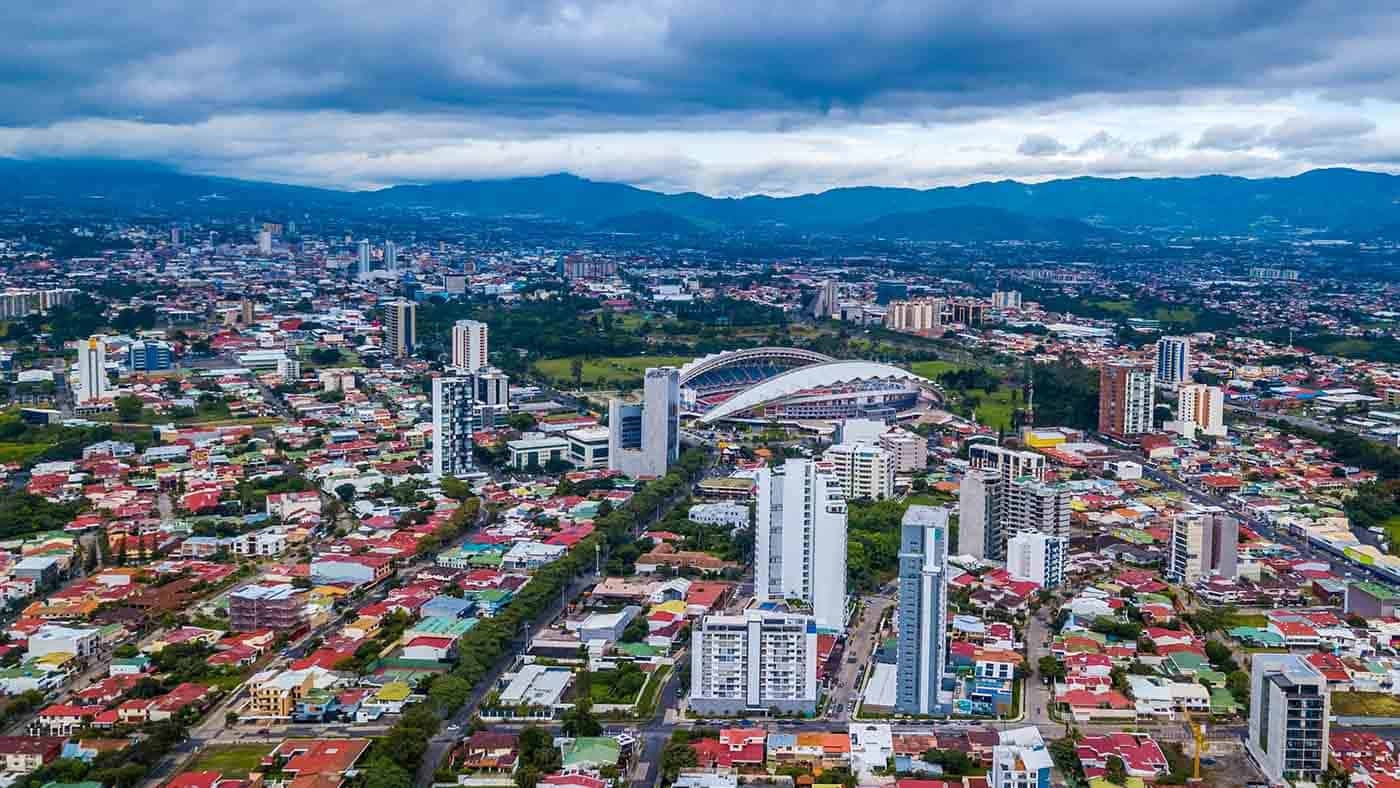
Limón
Located on the Caribbean coast, Limón is less visited by tourists but offers some beautiful natural attractions. It has a reputation for being a bit less secure, so if you’re visiting, it’s best to stay in established tourist areas and travel with a group or guide if possible. The town can be a bit rough around the edges, but it’s full of character and is a cultural gem for those who want a less touristy experience.
Puntarenas
This port city is a gateway to the Pacific coast and has a more laid-back vibe than San José. While you’ll still need to be cautious about petty theft, especially in crowded areas like markets, Puntarenas generally feels safer. Beaches in the region are stunning, but stay alert for riptides and check local guidelines before swimming.
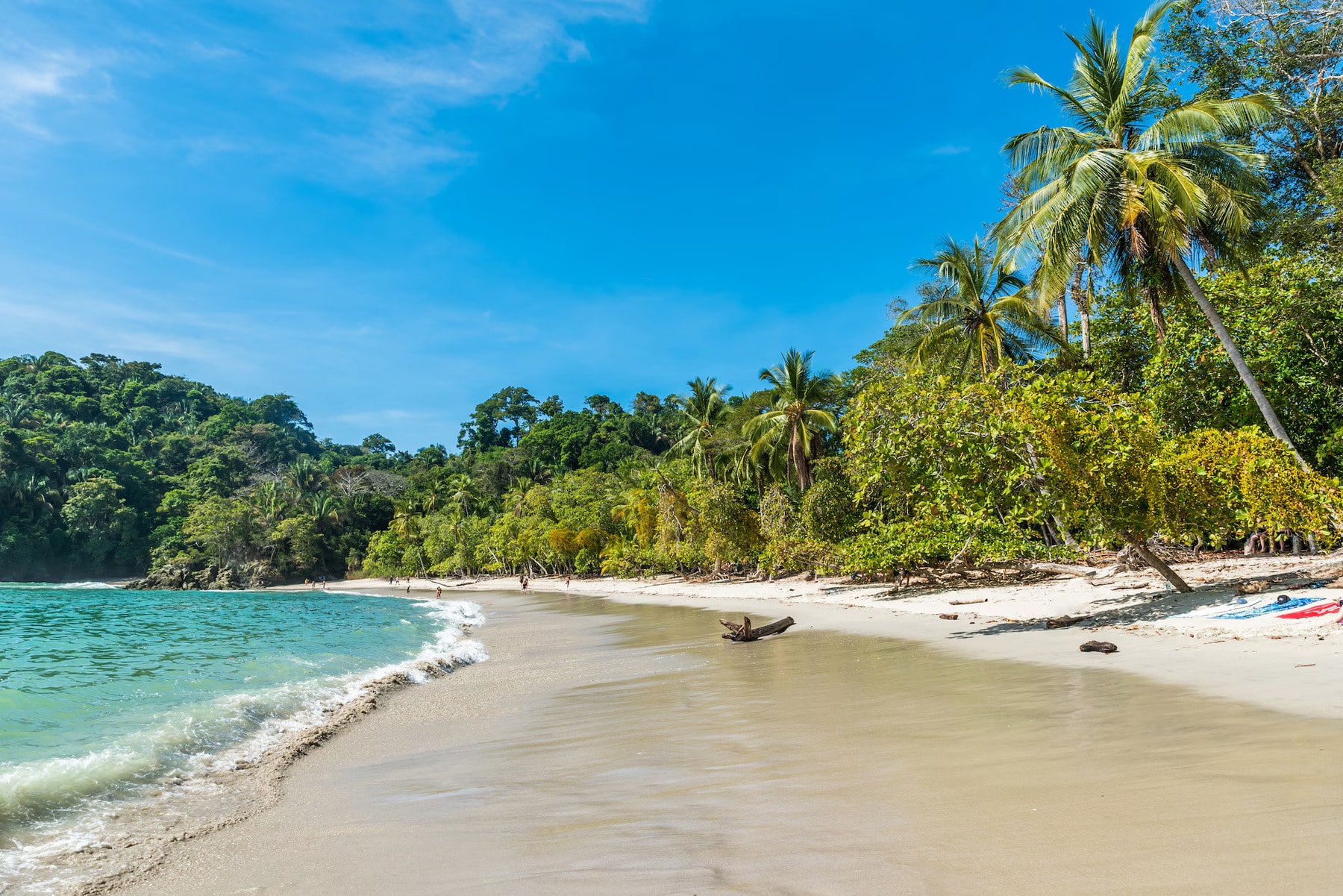
Medical and Healthcare Risks
Good news here: Costa Rica has relatively good healthcare, especially in the capital. However, there are some things to consider.
Medical Facilities
In San José, you’ll find medical facilities that are generally well-equipped and capable of handling emergencies. But once you venture into rural regions, medical services can be pretty limited. It’s a good idea to bring any medications you might need and, if you have any health concerns, to plan ahead in case of an emergency. Travel insurance that covers medical evacuation can also be a wise choice if you plan on exploring more remote areas.
Health Concerns and Issues
Mosquito-borne diseases like dengue, chikungunya, and Zika are present in Costa Rica, especially in the rainy season. Using insect repellent, wearing long sleeves and pants, and sleeping in air-conditioned or screened-in rooms can help reduce the risk. It’s also helpful to check current health advisories, especially if you’ll be spending time in more rural or coastal areas where mosquitoes are more prevalent.
Travel Advisories
If you’re planning a trip to Costa Rica, it’s always a good idea to stay informed about any specific travel advisories. The U.S. State Department’s Costa Rica country page provides up-to-date information on safety concerns, health alerts, and any necessary documentation. For the latest guidance, check out the page here: State Department Costa Rica Page.
One thing to consider, especially if you’re booking a rental home, is the security of the property. Some places might not have security features, so make sure you research well or ask the hosts directly. It’s also wise to secure your valuables in safes, particularly in areas where theft and pickpocketing are more common.
Tips for Avoiding Crime
How can you avoid becoming a target for crime in Costa Rica? Here are some practical tips:
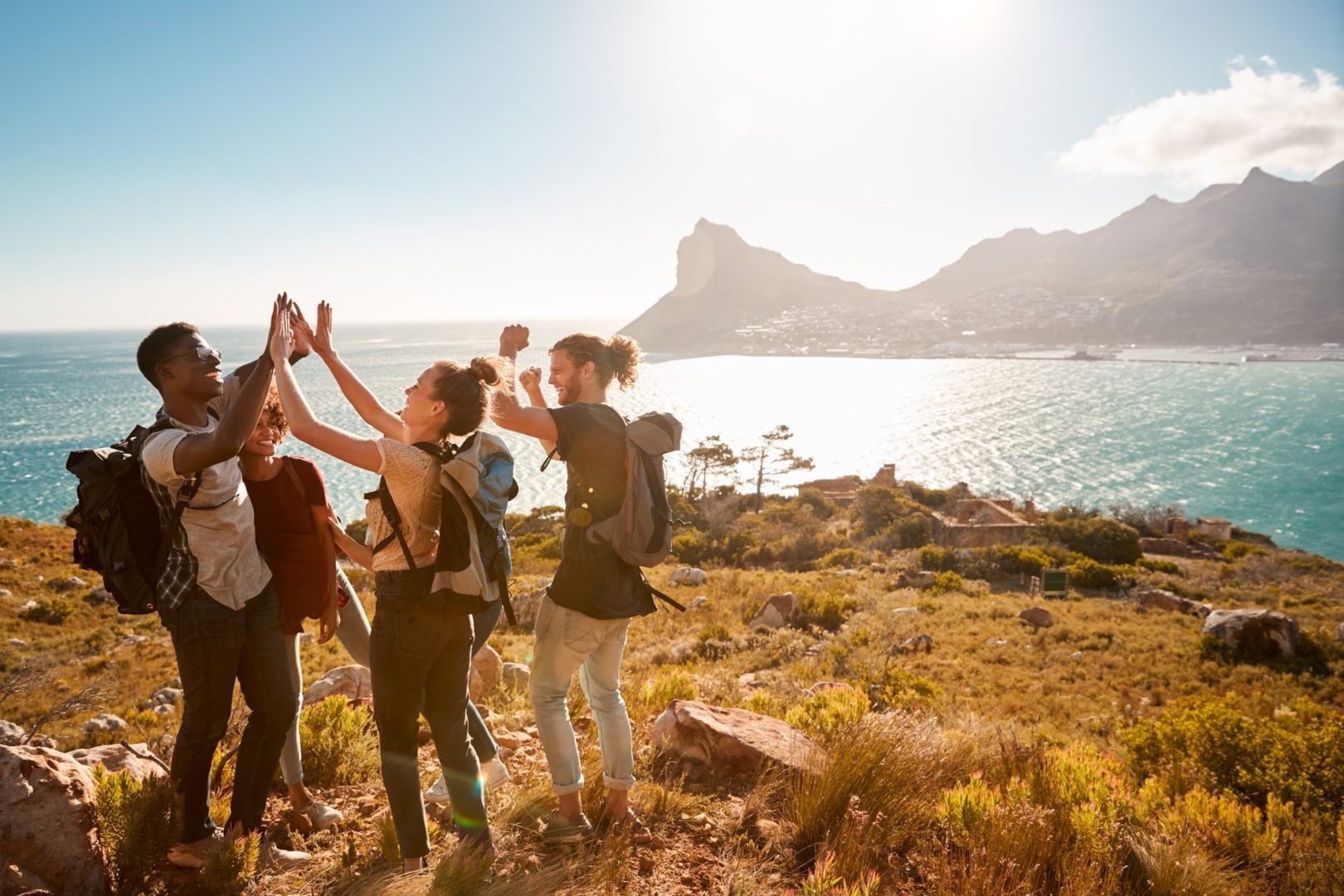
- Travel in groups when possible, especially at night. Being with others lowers the risk of being targeted by pickpockets or scammers.
- Secure your belongings in bags that zip and avoid displaying valuables in busy public areas.
- Be cautious with your surroundings, particularly in crowded markets or at bus stations, where theft is more common.
- Avoid secluded areas after dark, even in more tourist-friendly neighborhoods.
Areas to Be Cautious Of
Certain areas in Costa Rica are known for having higher rates of petty crime, so it’s helpful to stay mindful when visiting these spots.
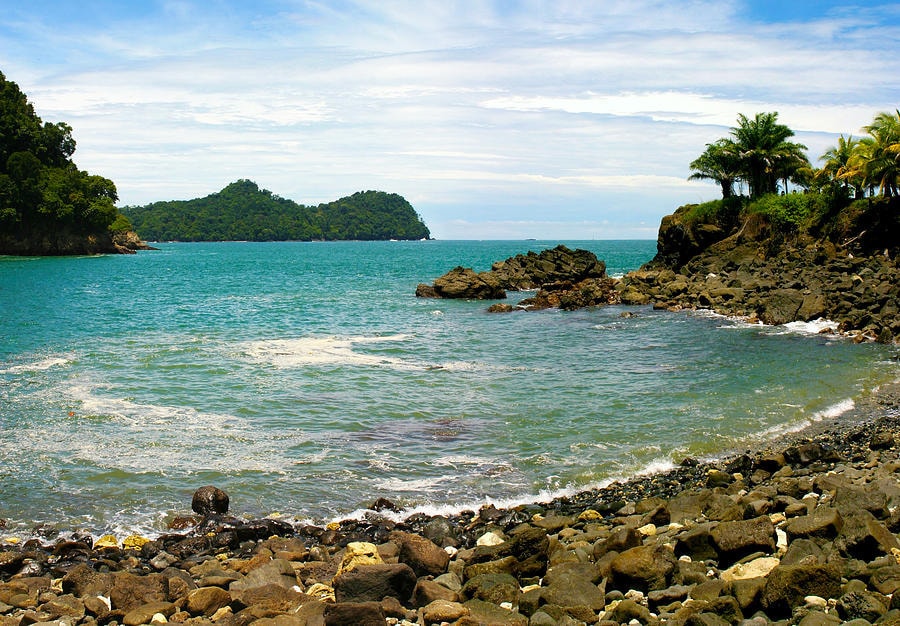
- Quepos: A beautiful spot with plenty of tourism but some reports of theft, especially around the beaches.
- Tamarindo and Jaco: Popular beach destinations with vibrant nightlife, but also hotspots for pickpocketing and minor theft.
- San José: The capital has some rougher neighborhoods. Stick to well-lit areas in downtown San José, and avoid isolated streets.
- Limón and Matina: These areas, especially on the Caribbean coast, are best visited with a guide or in a group. There’s a bit more crime, and some parts are more secluded, so caution is key.
General Travel Safety Tips
Thinking about when to visit and how to stay safe? Here are a few general tips:
- Visit during the dry season (December to April) for less rain and fewer weather-related travel disruptions.
- Hydrate safely with bottled water, particularly in more rural areas where water quality can vary.
- Be aware of methanol contamination in local alcohol. Stick to well-known brands and avoid drinks from unlicensed bars or street vendors.
- Stay food-safe by eating freshly prepared food from reputable places, as street food can sometimes lead to stomach issues.
Common Travel Scams
Costa Rica’s a fantastic destination, but like many tourist-heavy places, it has a few common scams. Knowing what to watch out for helps avoid unexpected expenses or headaches.
- Tire Slashing: Some scammers will slash your rental car tire, then conveniently offer to help, often while distracting you so an accomplice can grab valuables from your car. If this happens, call roadside assistance.
- Car Rental Insurance: Always double-check your rental insurance. Some rental companies will tack on extra charges or push unnecessary insurance. Make sure to verify coverage before signing.
- Money Scams: When paying in cash, make sure you get correct change, as some vendors might try to shortchange tourists.
- Passport Theft: Carry a photocopy of your passport and leave the original in a safe place. Petty theft is common, and passports are prime targets.
How Travelers Can Stay Safe
Sometimes things happen while traveling, and knowing what to do can make all the difference.
- If You Get Sick: Costa Rica has tropical diseases like Zika, so use insect repellent and avoid leaving skin exposed. If you feel unwell, seek medical help and get in touch with your travel insurance provider if necessary.
- If You Lose Crucial Documents: Enroll in the Safe Traveler Enrollment Program (STEP) before traveling. This free service lets the U.S. embassy know where you are, making it easier to replace documents or provide assistance in emergencies.
- Travel Assistance: Many credit cards offer travel assistance services for issues like lost documents, so check with your provider for details. Having copies of essential documents stored online or in a safe place can also be helpful.
Traveling to Costa Rica is a fantastic experience, but a little planning goes a long way. By staying aware and prepared, you’re set to enjoy the best of what this beautiful country has to offer! Safe travels from TravelersNetwork!

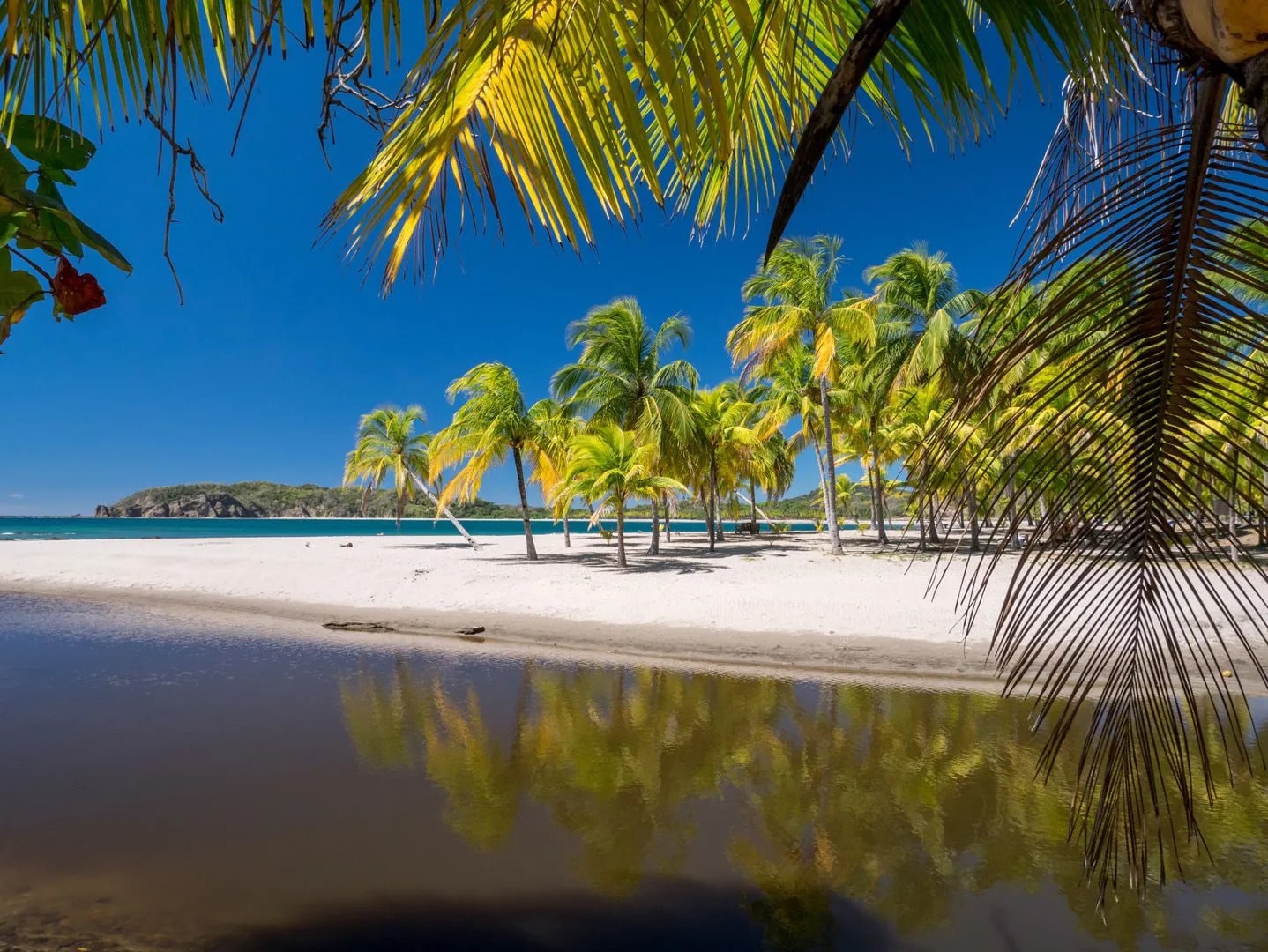


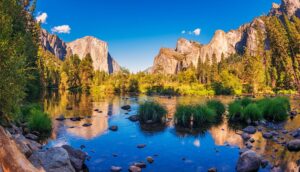
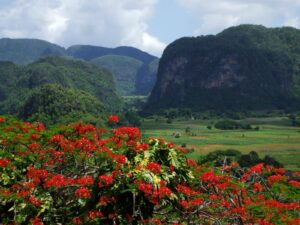
Leave a Reply